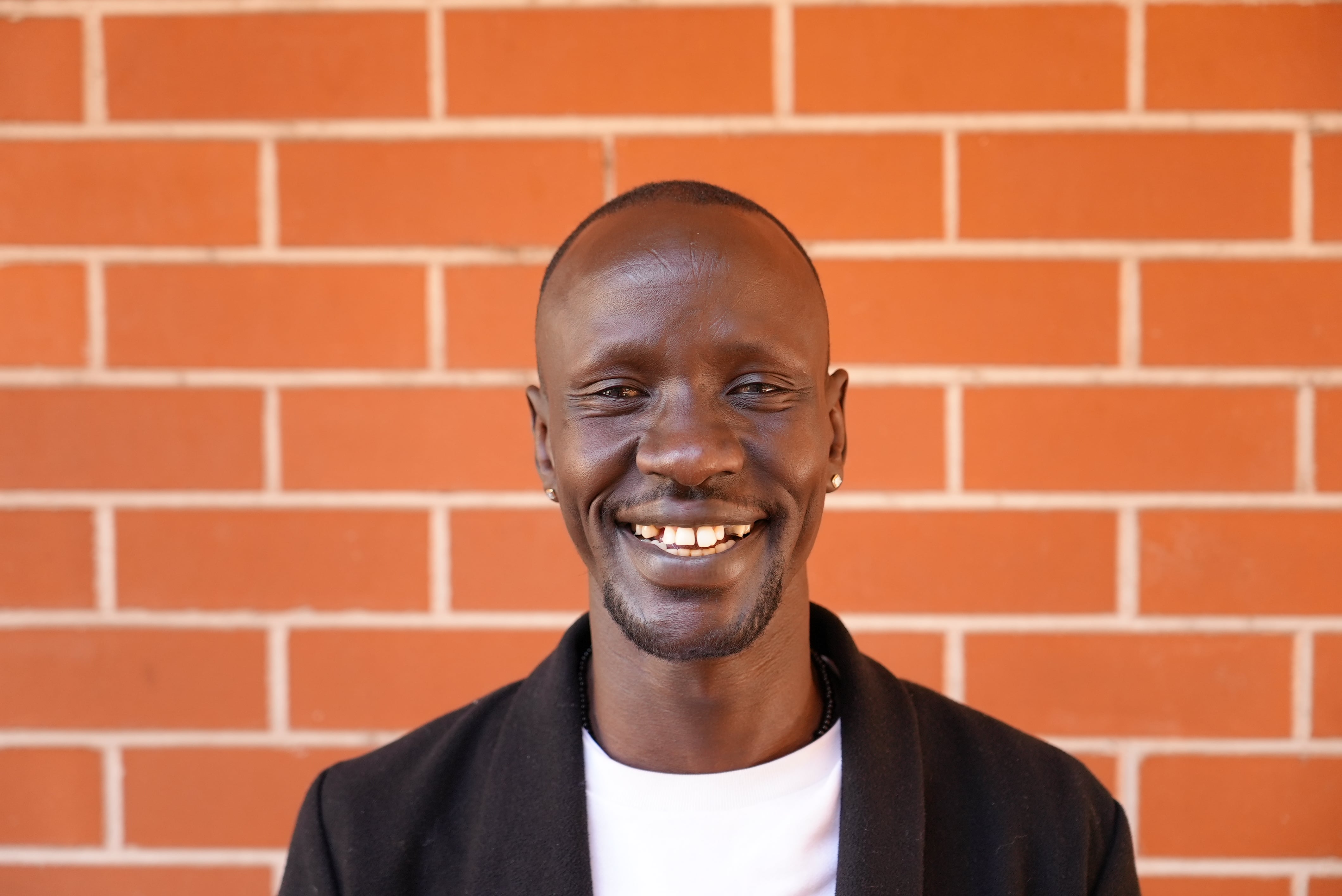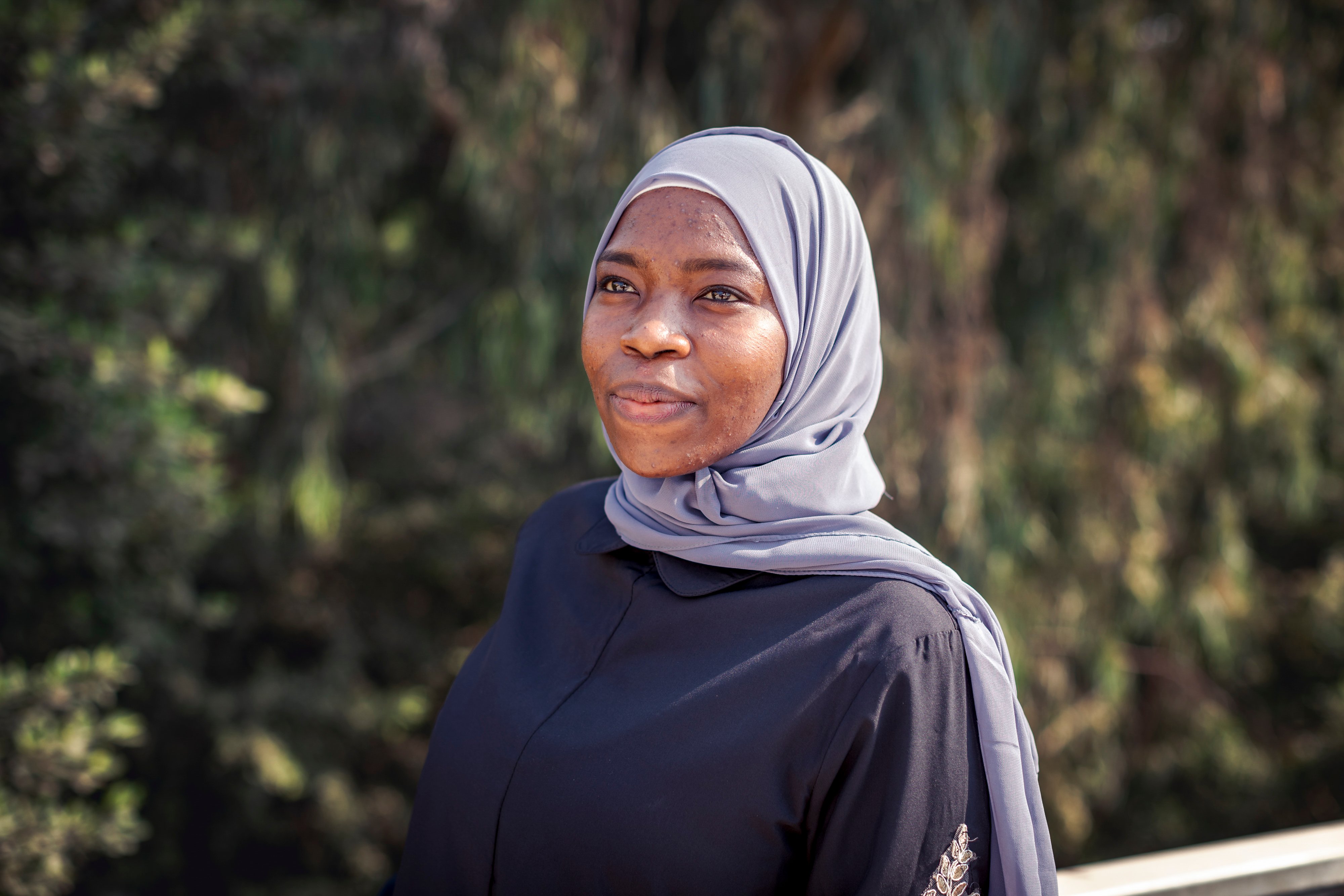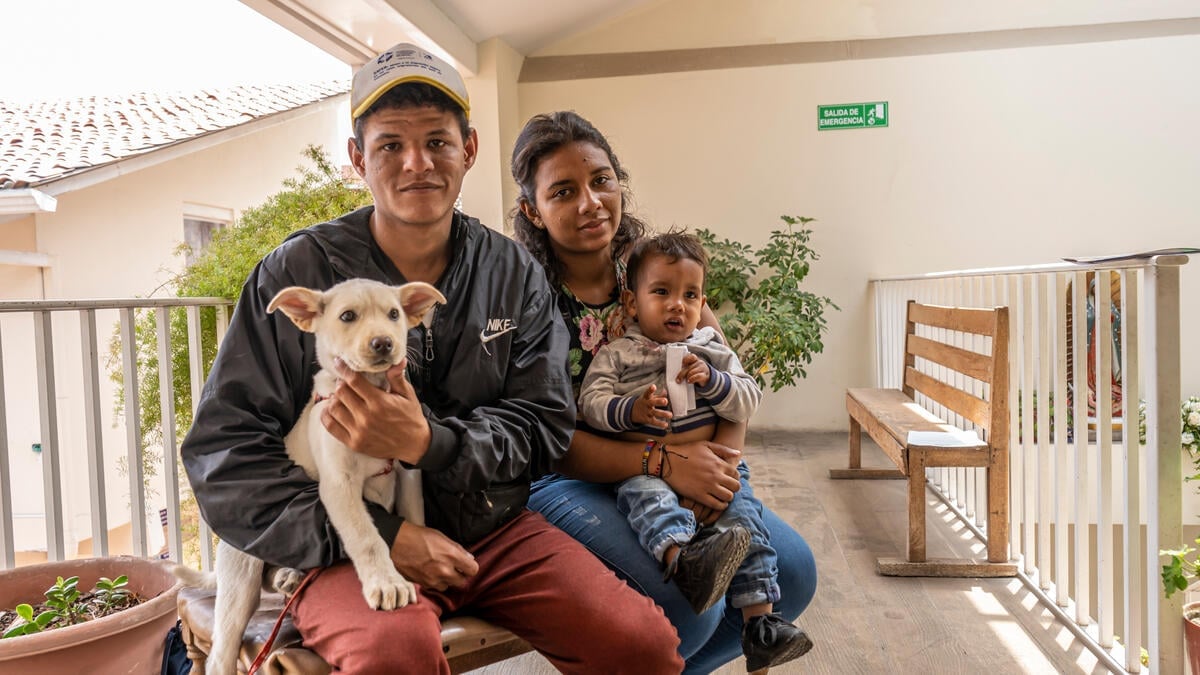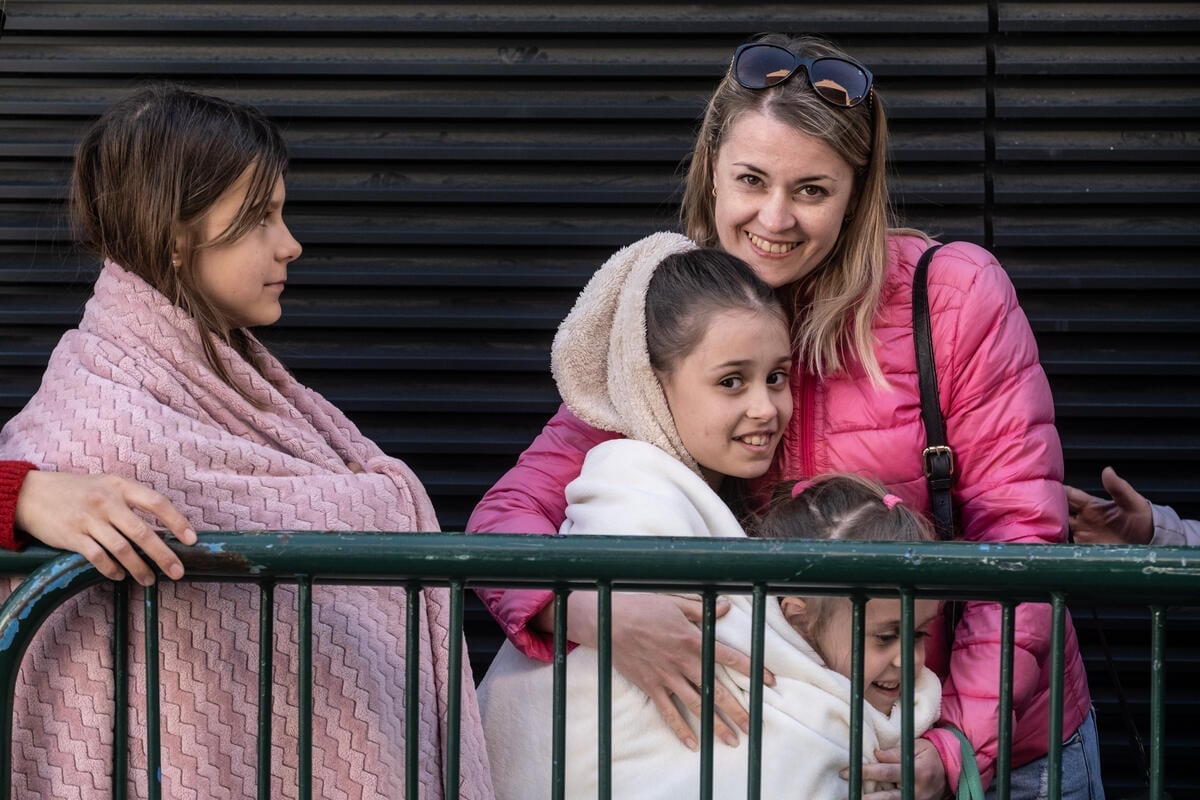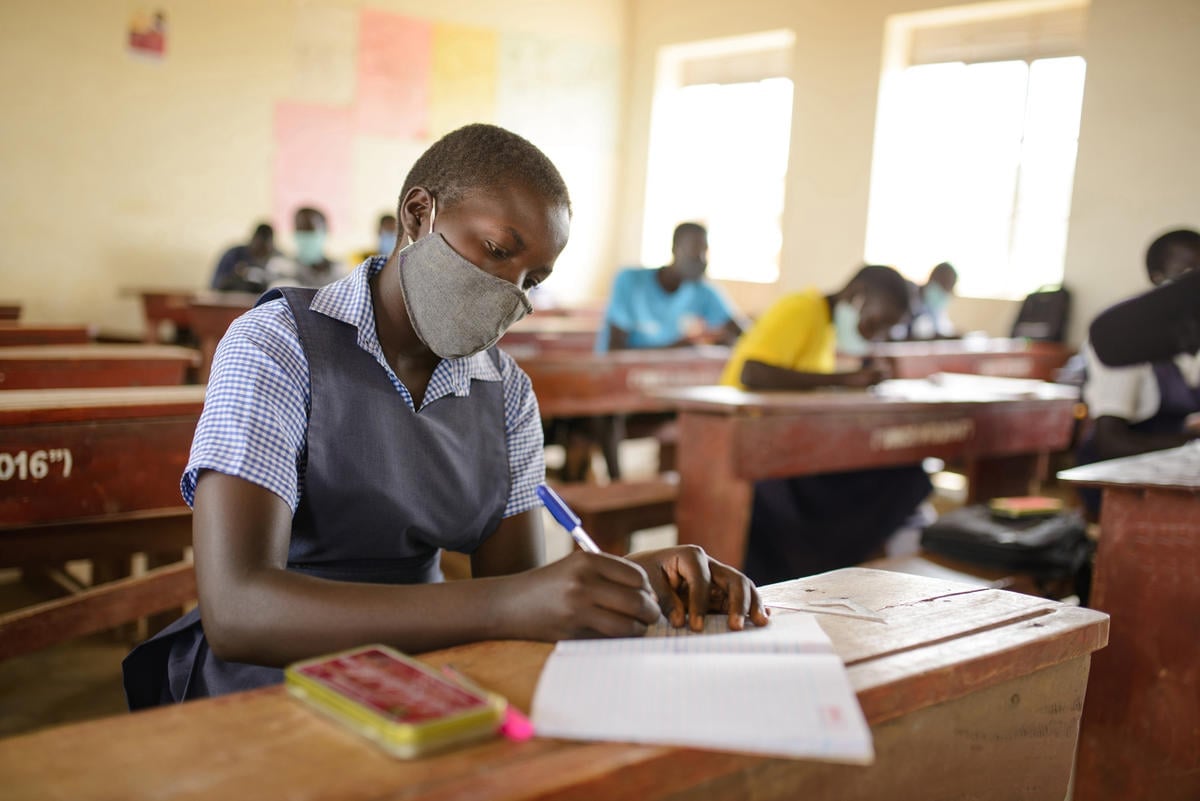Pakistani university to start refugee law course with UNHCR help
Pakistani university to start refugee law course with UNHCR help

ISLAMABAD, Pakistan, Oct 8 (UNHCR) - University students in Pakistan and six Gulf states can now learn more about refugee law and issues, thanks to a course run jointly by Allama Iqbal Open University and the UN refugee agency.
UNHCR and Pakistan's state-run Allama Iqbal Open University (AIOU) signed a memorandum of understanding on Saturday to provide a three-month distance-learning course on refugee law starting from early next year.
AIOU will conduct the classes and evaluate students' performance through its distance-learning network of offices in Pakistan's major cities and six Gulf states: Saudi Arabia, Dubai, Abu Dhabi, Oman, Bahrain and Qatar. The refugee agency will provide course materials, support university staff and fund the cost of printing books.
"UNHCR is best known in Pakistan for its care of Afghan refugees and the current voluntary repatriation programme," said Philip Karani, UNHCR's acting representative in Pakistan. "However, it is also engaged in efforts to increase understanding among Pakistanis of the refugee problem worldwide."
The course is particularly timely against a backdrop of increasingly restrictive asylum policies, with many states not honouring their obligations toward refugees.
As such, said Karani, "UNHCR feels there is an urgent need to provide education in refugee law and increase public support for the protection of refugees."
He added, "Receiving refugees is more than providing hospitality - the focus must also be on understanding and observing the rights of refugees, and complying with international obligations toward them."
The proposed curriculum of the refugee law course includes the history of the legal framework, details of international agreements governing refugees, discussion of specific areas of action by UNHCR.
The refugee agency is already working to expand this sort of education and sensitisation about refugee issues through co-operation with other institutions of higher learning in Pakistan.


